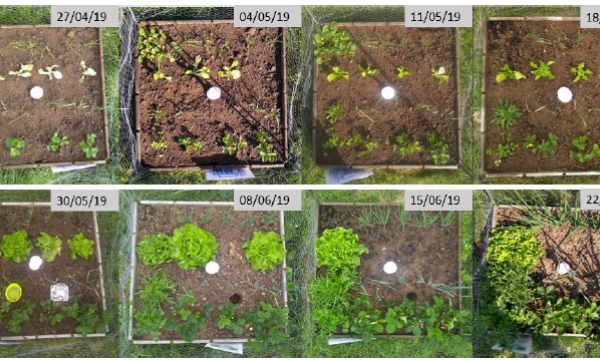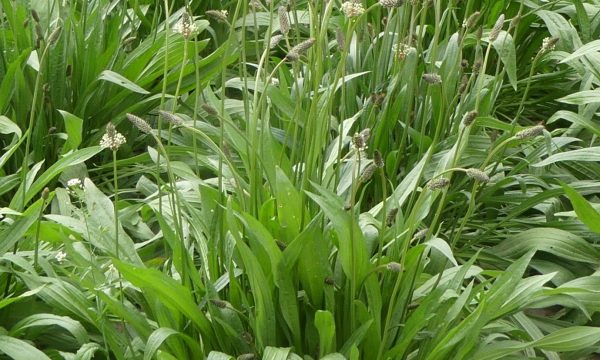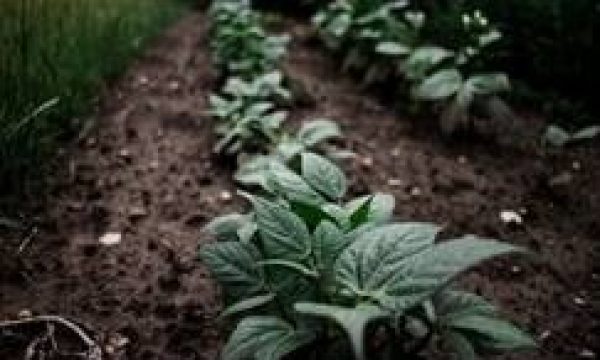Press release Flemish farmers satisfied with the quality of their soils, more than half willing to apply no-till cultivation
Two-thirds of Flemish farmers are satisfied with the soil quality of their plots and 53% are practicing non-inversion tillage (no-till) on at least one plot. These are some of the preliminary findings from a widely distributed survey in the framework of European project SoildiverAgro. This project, led in Flanders by partners ILVO, Inagro, PSKW and Pomona, is testing the impact of a number of agricultural practices on soil biodiversity in several European countries. The researchers are not only looking at the actual impact on the test plots, but are also questioning the farmer's perception of and input into the practices studied. In this way, they want to arrive at realistic and feasible recommendations. The survey for Flemish farmers can still be completed.
Soil management practices: what does the farmer think?
ILVO is conducting a survey to find out what Flemish farmers think about the quality of their soils in general, and about the applicability of non-inversion tillage in particular. The survey has not yet been completed, but the first results show that farmers are generally satisfied with soil quality and that non-inversion tillage is already often applied.
Farmers are satisfied with the quality of their soil
Two-thirds of farmers say they are satisfied with the soil quality of their plots. The others surveyed have no strong opinion about this. Virtually all farmers attach great importance to soil quality and see it as their personal duty to invest in it.
Practices most commonly used according to the survey to contribute to the overall quality of agricultural soils are incorporation of crop residues, adopting a broad cropping rotation of more than four years, sowing green cover crops and catch crops, field edge management, and less plowing, non-tilling or working the soil less deeply. Practices that are less in use are direct sowing, precision fertilization, mulching, mixed cropping and forest agriculture.No-till is no taboo
More than half of the provisional participants are already applying non-inversion tillage on at least one field. The participants indicate that their main aim is to maintain or build up the fertile top layer of the soil, avoid erosion and not disturb soil life. Farmers who have their doubts about non-inversion tillage also have their reasons: they fear high weed pressure, compacted soil layers or too wet soils in wet weather, crop residues that remain or a seed bed that is too coarse; machinery for non-inversion tillage is sometimes less available, or their cropping plan does not always allow them to leave the plow in.
Another striking finding is that 53% of participants would consider non-tillage if they could see positive experiences of no-till in others.
Soil management practices on trial
The European partners in the SoildiverAgro project are also testing different practices on trial fields or field plots. In Flanders, the focus is on use of compost, sowing of green cover crops and non-inversion tillage.
The final results of the project are not yet known, but the first experiences of the experts show that in the trial at ILVO, more organic carbon accumulates in the top layer with non-inversion tillage, including through the application of compost. In that top layer, carbon performs crucial functions. It counteracts aggregate formation, compaction and erosion and makes nutrients available to the crop. Increasing the organic carbon content in this top layer is therefore very interesting from an agricultural point of view.In the PSKW trials, we measured a doubling of the number of earthworms when non-tilling soil compared to tillage with a rotary cultivator. Earthworms play an important role in promoting soil structure. The potentially negative effects, such as higher weed pressure, do not appear to be unambiguously more prevalent when switching to non-tillage.
Bent u het eens met deze eerste bevindingen op basis van 132 ingevulde enquêtes?
Or do you have a different opinion? We'd love to hear it.
Contact
ILVO: Simon Lox, simon.lox@ilvo.vlaanderen.be
PSKW: Sander Fleerakkers, sander.fleerakkers@proefstation.be
Inagro: Jasper Vanbesien, jasper.vanbesien@inagro.be
Pomona: Lieven Bauwens, lievenbauwens@gmail.com


